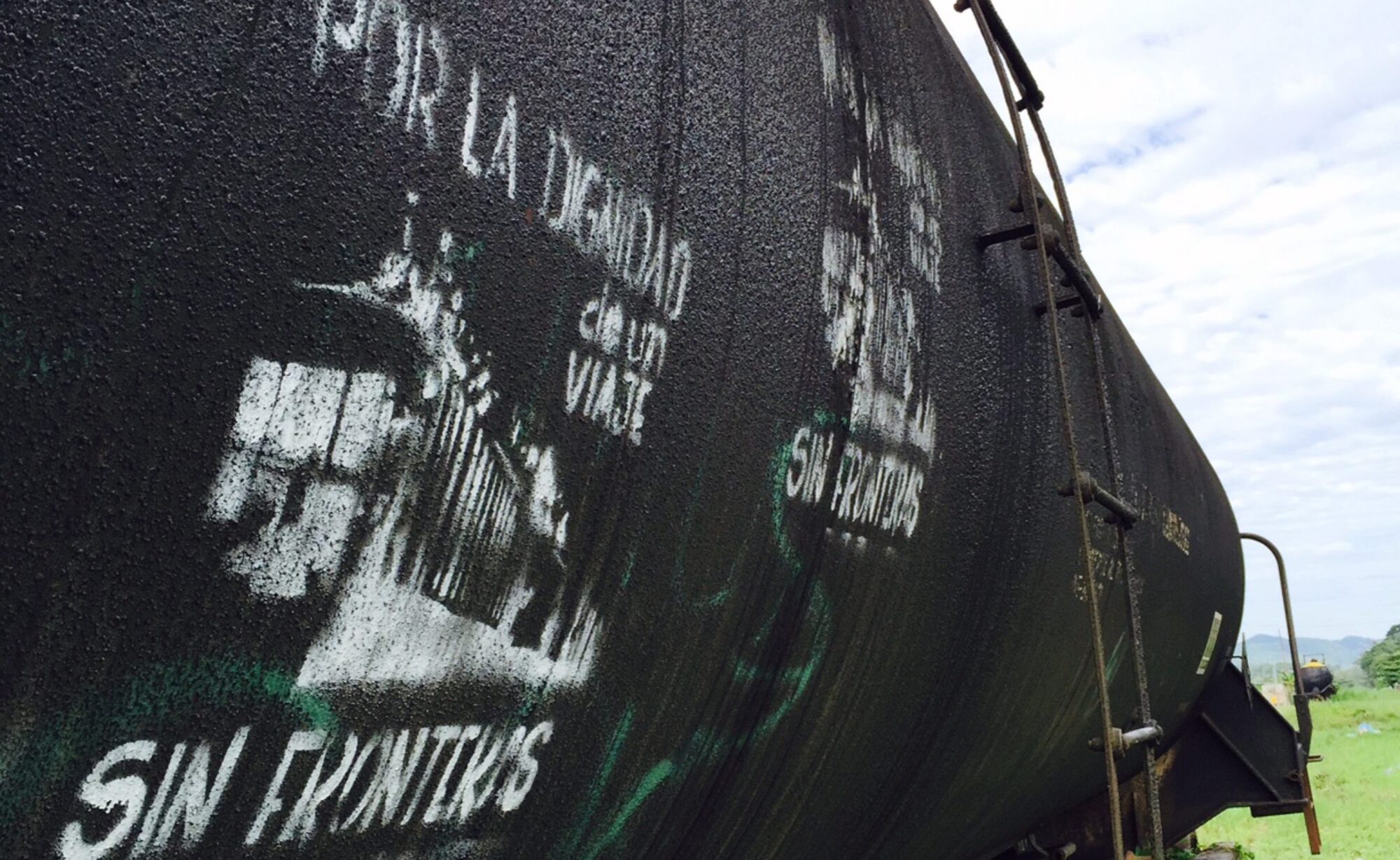Author and scholar Oswaldo Zavala challenges the cartel narrative anchored in a “national security storytelling machine,” and opens up a whole new way to think about the drug war.
Some books not only challenge our preconceptions but also change our worldview. One of these is Drug Cartels Do Not Exist: Narcotrafficking in U.S. and Mexican Culture, by the Juarense author and scholar Oswaldo Zavala. In the following audio interview, which you can also download like a podcast (see link above), he explains what he means by the provocative title of his book, first published in Spanish in 2018 (the English translation will be coming out early next year). By challenging the term cartel, he reveals an entire world behind the drug war, one that is anchored in official national security discourse.
In the interview Zavala talks about his time as a reporter in the 1990s in Ciudad Juárez and how that experience informed the argument of Drug Cartels Do Not Exist. We talk about what Zavala calls the “national security storytelling machine” and how the exaggeration and caricaturizing of drug smugglers (also reflected in the broader culture in television shows) justifies mass militarization (including, of course, the ever-increasing fortification of the U.S.-Mexico border) while masking other elements at play, such as huge extractive projects. These projects are often happening in the same places where the media focus on drug cartels in combat.
Zavala’s paradigm-shifting book also connects the waves of violence and homicides in Mexico over the last 15 years to the upsurge in this militarization, rooted in counternarcotics operations unleashed by the Felipe Calderón administration in 2006 under pressure from the United States, which provided help and eventually financing. But listen for yourself. I guarantee you won’t think about the war on drugs the same way again.
Listen here!
